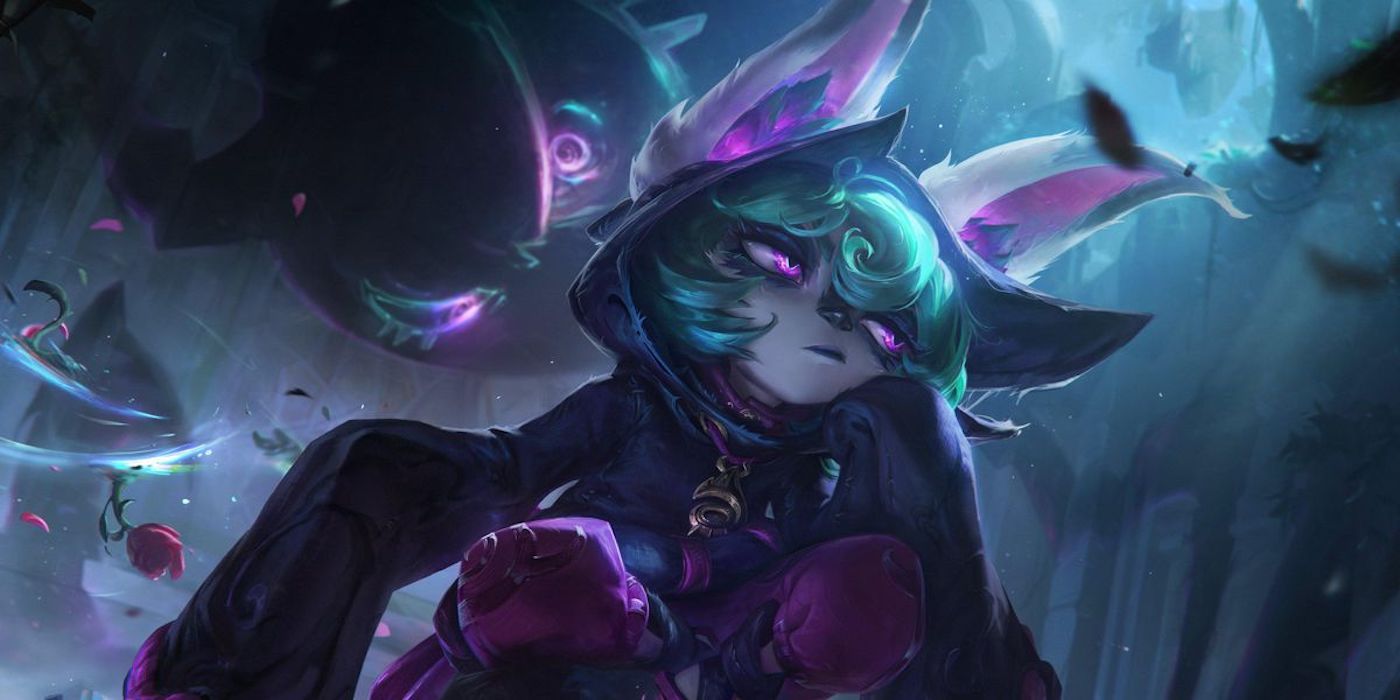League of Legends developers BarackProbama and TimTamMonster outlined new punishments and added new penalty tiers for continually AFK players and those who leave matches intentionally or otherwise on a repeat basis. While the release of new champions like Vex the Gloomist is always exciting for players, these enhancements to the game experience tend to also prove beneficial, since they make the experience of playing the game less disruptive.
Players who go AFK during matches has been a recurrent issue in League of Legends, and Riot Games’ Behavioral Systems Team briefly addressed it in a development blog in April. The team outlined goals of limiting and mitigating the harm of disruptive behavior with a specific focus on repeat offenders, like AFK players. This is a frustrating aspect for players in many online games. The recent occurrence of an AFK exploit in Rainbow Six Siege allowed some users to level up and earn rewards in games using AFK bots on multiple accounts. Like League of Legends, Siege relies heavily on team work and communication. If one or more of those teammates is AFK, it makes for a negative gaming experience.
Riot Games previously addressed AFK offenders with queue delays that blocked repeat offenders from queuing up for a match with a short timer that increased based on one's penalty tier. Although the intent was to change players’ behavior, Riot Games determined that about 9% of consistently AFK players were unafflicted by the short delay between one match and the next. Now, Riot is introducing queue lockouts, a new feature in League of Legends intended to build on these enhanced AFK penalties, which will apply to all MOBA queues. Lockouts are “mega-delays” that detail the punishment to the offending player and makes them temporarily unable to start games or queue for a match. BarackProbama and TimTamMonster outlined this change on a League of Legends dev blog, stating that “We’re removing the player from the population for a while so they can’t continue to AFK in games.” This outlines a different approach than ones they’ve taken before, but the behavior correcting element still remains. After the lockout, players should expect the maximum queue delay upon their return.
The duration of lockouts and delays depends on which punishment tier the offender is on. Queue lockouts, however, don’t kick in until the new penalty tiers. The first lockout, which lasts one day, comes at tier four. Each subsequent tier increases this duration, up to tier seven. A tier seven lockout is 14 days. All tier four and greater offenders will experience, in addition to queue lockouts, a 15 minute queue delay for five games. This new model is designed to move reforming players down the tiers by installing a weightier punishment for high tier offenders. It also works similarly to chat restrictions in the game that place players in chat lockouts for a number of days following their offense. However, as recent reports show, profanity is also prominent in League of Legends.
The Sentinels of Light update brought some exciting new content to League of Legends in July and it’s great to see Riot Games following up with additional multiplayer quality of life support. Players going AFK or leaving matches prematurely is a frustrating issue for players of all skill levels and negatively impacts their overall experience. It’s in any developer’s best interest to ensure the content they produce for their fans is as enjoyable as it can be. This is a great indicator of how well Riot Games is likely to handle similar issues in Valorant or in League of Legends' mysterious MMO project, which was announced late last year.
Source: League of Legends


